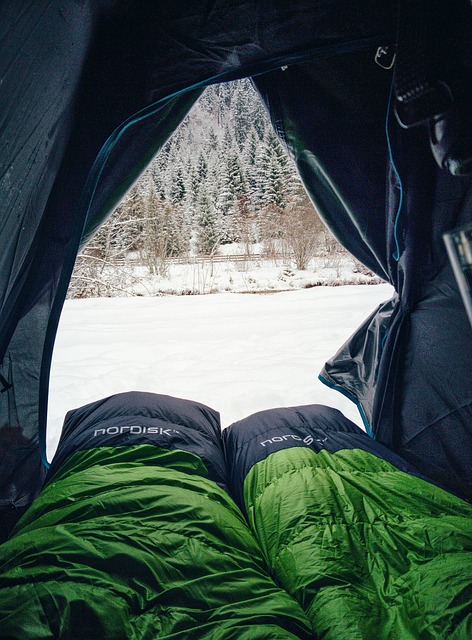Although the general principles of camping are relatively simple, many tips and tricks can allow you to spend your time in nature more relaxed. Camping is a great way to escape your busy day-to-day life and disconnect from technology. There may be countless adventures waiting for you outdoors and it gives you the opportunity to bond with your friends and family members.
If you are a camping enthusiast, you are in the right place. In order to make your trip comfortable and enjoy it properly, you need to be prepared and organized. Follow these tips and you will get to experience the camping of your dreams.
What To Bring On A Camping Trip
There are many wonderful things you can experience in nature and every camping trip is a new and unique encounter. However, one thing all your adventures have in common is that they can easily turn into nightmares if you don’t have the right gear or you accidentally forget to bring the essentials with you. If you are a beginner and feel confused, don’t worry. There are plenty of great reviews and guides online that can help you get organized and be prepared for outdoor life. No matter where you are camping there are a few things that should always come with you. Here is your basic check-list you can use while packing for any camping trip:
- A tent, sleeping bag, tarp, mattress
- A long rope and a pocket knife (or a utility knife)
- Dishes, a pot, a pan, utensils
- Fire starting materials (opt for waterproof matches and a butane lighter)
- Foods and snacks that are easy to prepare but energy-rich ( beans, pasta, peanut butter, ground beef, trail mix, chicken, oatmeal, energy bars, nuts, seeds, etc.)
- A lot of water. Don’t forget you don’t need it for drinking only, but also for cooking and cleaning)
- More clothes than you think you need. It might get cold during the night or your clothes may get wet. It’s good to bring enough for two-three layers a day.
- A bar of soap and hand sanitizer
- A cooler for storing your food. Make sure it’s closing tightly.
- Optional gear, such as hiking equipment or fishing poles
- First aid kit that you can make yourself or buy prepacked. Just make sure it has bandages, gauze, disinfectants, prescribed medications, painkillers, etc.
- Flashlight with a few extra batteries. You never know when you might need it.
High-quality equipment is essential when spending time in nature. Do your research beforehand and invest in gear that is durable and reliable. For instance, lots of people opt for a sharp ulu knife that will satisfy their needs and make their camping experience easier. They are versatile, compact, and perfect for outdoor cooking. Thinking in this direction regarding every piece of equipment you buy is key to having a good time in nature.
How To Budget For A Camping Trip
Planning a budget for your camping trip is pretty much the same as planning a budget for anything – the easiest way is to start big and then work your way down. The first step is to decide how much money you can spend and promise yourself you won’t exceed it. Begin with large expenses, such as equipment, gas, food, or campsite fees, and work your way down from there.
When you get close to your budget limit, try reconsidering some smaller, less important items. You may also want to make tiny changes in your habits in order to save some cash. For example, choose not to go to fast-food restaurants on your way to the camping site and bring some sandwiches you prepared at home instead. These kinds of small decisions will add up eventually and improve your finances.
General Outdoor Tips
If you are a camping enthusiast you know that your tent is one of the most important items. Pitching your tent can be tricky and challenging. Experts advise practicing a bit before you head camping because it’s critical you can do it quickly and effectively. Always look for soft, flat soil when you search for a place to set it up and don’t forget to introduce a tarp below. You don’t want water in your tent, for sure.
Learning how to use a map, a compass, and GPS is crucial. You may think you know the area but it’s very easy to get lost in the woods. Practice some basic outdoor skills like building a fire, tying knots, or sharpening your knife. This knowledge is important if you want to have the ideal experience.
Now that you know what to bring to your camping trip, how to squeeze your adventure into your budget, and other basics of camping, there is nothing to stop you from having a time of your life. In time, you will gain experience and learn new tricks, which will make your camp life much easier. The important thing is to unwind, relax, and connect to Mother Nature and your loved ones. Enjoy your camping!
“Look deep into nature, and then you will understand everything better.” – Albert Einstein


